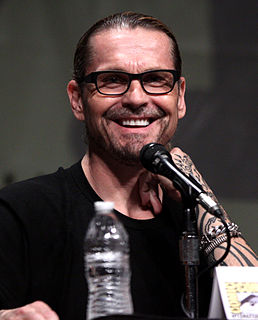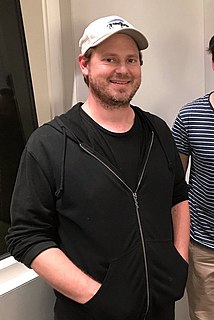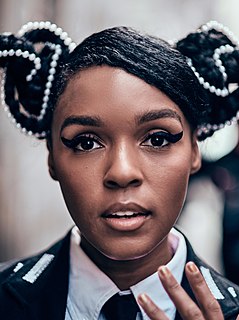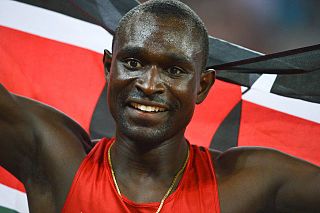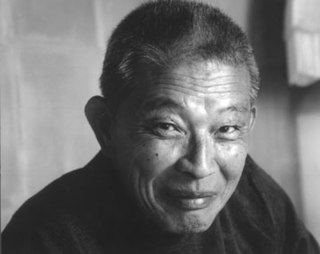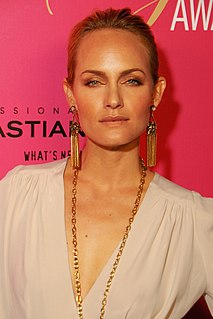A Quote by Daniel Clowes
I think there was a point that I realized I could do what I wanted to do in terms of the drawing. I used to run around a lot of things. I would shy away from certain things that I realized would be horrible for me to draw, and just wouldn't be fun.
Related Quotes
What I learned in 'Sons' is that I would come in with a blueprint of a season and how it would go, and I realized that the looser my grip was, the better it became because the story found itself. Things happened as I wanted them to in terms of the bigger mile markers, but the fun part was I never knew how we would get there.
I used to work in an office in New York for this terrible company, and we used to have staff meetings, and I would just count how many times the boss would use the phrase "in terms of." And he would say it like 30 or 40 times. And sometimes he would just say it. He'd be like, "Uhh, in terms of, how are we doing with that?" I realized nobody knows what they're talking about. Everyone's bullshitting. Maybe not everybody, but certainly a lot of people.
Have you ever realized that you can give things to God that are of value to Him? Or are you just sitting around daydreaming about the greatness of His redemption, while neglecting all the things you could be doing for Him? I'm not referring to works which could be regarded as divine and miraculous, but ordinary, simple human things - things which would be evidence to God that you are totally surrendered to Him.
As I sat down, though, I realized that you can get used to certain luxuries that you start to think they're necessities, but when you have to forgo them, you come to see that you don't need them after all. There was a big difference between needing things and wanting things--though a lot of people had trouble telling the two apart--and at the ranch, I could see, we have pretty much everything we'd need but precious little else.
When my grandmother died, I realized that even if I had millions of dollars, I couldn't find her anywhere on earth. My next thought was that I would die. I looked at my life and thought, "I'm afraid to die." I concluded that whether I was afraid or not, I would die. It was one of the most important crossroads in my life, once I realized that no matter what, I would do this thing, the next step was to think, "If I am going to do the most difficult and frightening thing - dying - is it possible that I could do some difficult and impossible things that are good?"

